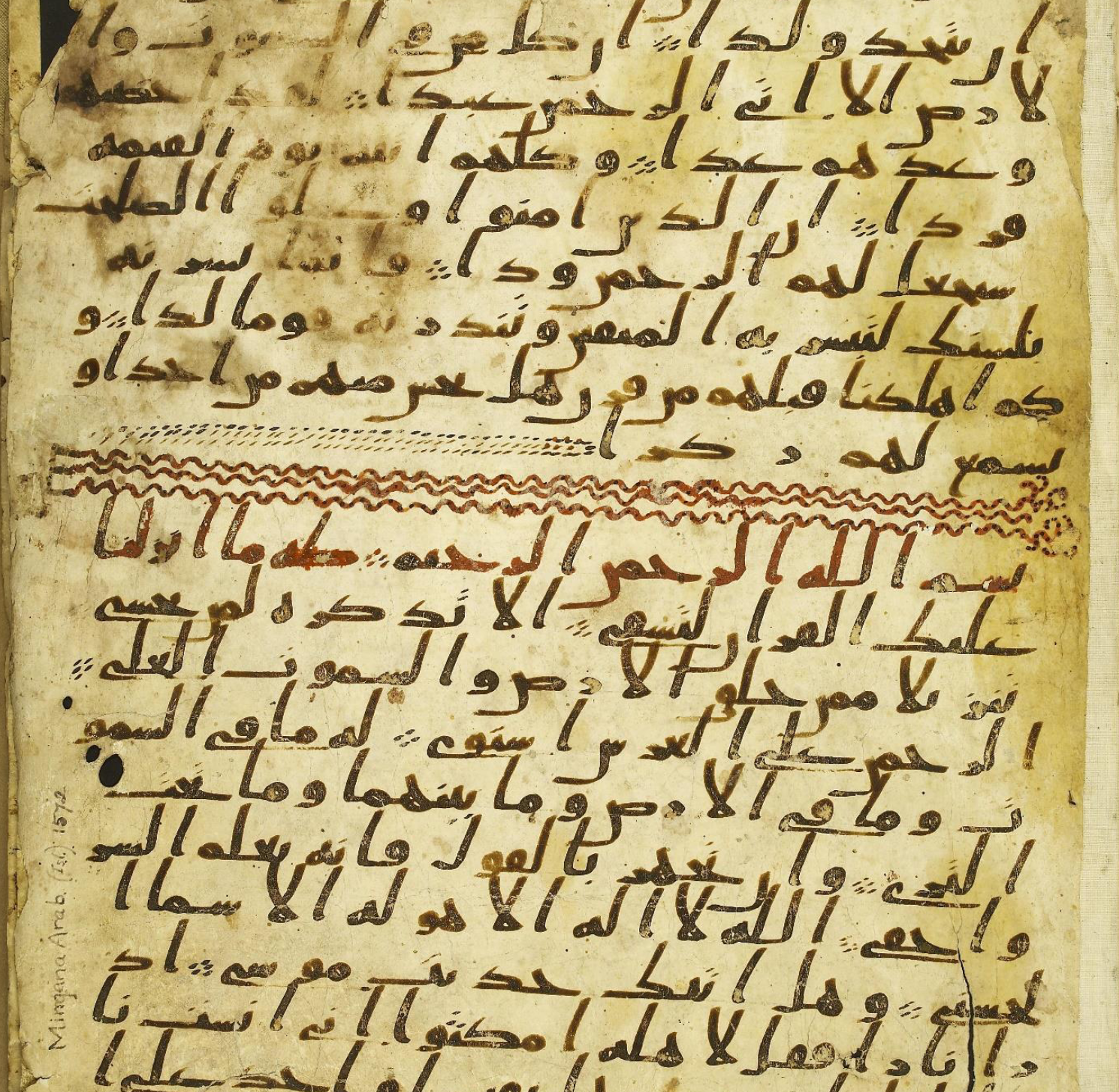Unlocking the secrets of history with the timeless truth of the Quran.
The Qur’an manuscript held at the University of Birmingham has been found to be among the earliest written textual evidence of the Islamic holy book known to survive. The radiocarbon analysis of the parchment, on which the text is written, dated the leaves to the period between AD 568 and 645 with 95.4% accuracy, placing it close to the time of the Prophet Muhammad (peace be upon him). The manuscript, part of the University’s Mingana Collection of Middle Eastern manuscripts, consists of two parchment leaves and contains parts of Surahs 18 to 20, written in an early form of Arabic script known as Hijazi. The result suggests that the parchment is from the same codex as a manuscript in the Bibliothèque Nationale de France in Paris. The Mingana Collection was acquired by Quaker philanthropist Edward Cadbury to raise the status of Birmingham as an intellectual centre for religious studies and attract prominent theological scholars. The discovery of this significant historical document in Birmingham, ‘the most culturally diverse city in the UK,’ provides an exciting contribution to the understanding of the earliest written copies of the Qur’an.
The significance of this discovery is that it could date back to within a few years of the beginning of Islam and support the belief that the Qur’an has undergone little or no alteration.
Dr Yasir Qadhi mentions the acquisition of Islamic documents and manuscripts by non-Muslim lands and libraries can be attributed to colonialism and the power of money. It is positive that these manuscripts are being preserved in the best manner possible, even if it is in the hands of those who do not believe in them. The preservation of these manuscripts aligns with the divine will as stated in the Quran, “Truly, we have sent down this Remembrance, and We shall, for sure, preserve it.”
View the copies of the manuscript here:
For further information, images, and video footage, or to arrange interviews, please contact the University of Birmingham press office.
Source: http://www.birmingham.ac.uk/news/


No responses yet